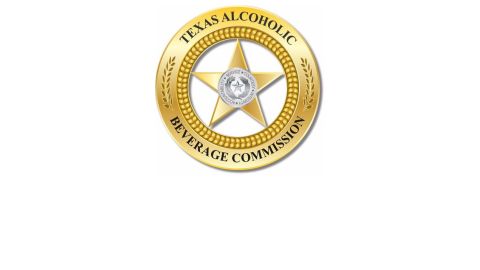
The executive director of the Texas Alcoholic Beverage Commission (TABC) says the decision by a Brazos County grand jury to not charge a TABC agent with aggravated perjury matches the conclusion of the agency’s internal investigation.
A news release issued by Bentley Nettles states in part that flaws were found in underage compliance operations.
That’s after the agent provided incorrect information during a Brazos County trial last November that led to a Northgate bartender being found not guilty of serving to a minor.
Nettles says the trial served as a learning opportunity, and the lessons learned from this case will go towards improving their agents and making undisclosed changes to TABC’s underage drinking enforcement processes.
News release from TABC executive director Bentley Nettles:
A Brazos County Grand Jury has ruled that there are inadequate grounds for prosecution in the case of TABC Agent Jonathan Jergins, who was accused by a local defense attorney of perjury after he provided incorrect information while testifying at trial in November 2018.
During that trial, Jergins gave an account of a TABC underage compliance operation conducted at Rebel Draft House in September 2016. Jergins’ account was later contradicted by security camera footage shown at the trial by defense attorneys, resulting in a “not guilty” verdict for a bar employee accused of selling alcohol to a minor. Jergins’ conduct during the trial was later the subject of an investigation by the Brazos County District Attorney and forwarded to the grand jury, which issued a no bill ruling following a review of the case.
“As a law enforcement agency, the Texas Alcoholic Beverage Commission sets high standards of professional conduct for its peace officers. Any allegations of wrongdoing by one of our agents is taken extremely seriously. That is why TABC began an internal review of Agent Jergins’ actions during the undercover operation, as well as his behavior at trial. Our review found no wrongdoing on the part of Agent Jergins, and I’m pleased that the grand jury declined to issue an indictment following a careful review of the evidence.
We agree that this case has revealed some flaws in how underage compliance operations are conducted. As public servants, we have a responsibility to identify our shortcomings and to do better. As soon as TABC leadership was made aware of this case, we began a formal review of the underage compliance operation that took place in September 2016 and looked across the board for areas where improvement is needed.
Since then, we’ve instituted changes to the way underage compliance operations are conducted in order to ensure accurate information is recorded by participating agents immediately after each inspection. We’ll continue to look for other ways to improve in the coming weeks.
TABC views this as a learning opportunity. Texans have a right to expect the very best from their law enforcement agents, and the lessons learned from this case will go toward improving our agents and our processes for years to come.”
News release from Brazos County district attorney Jarvis Parsons:
A Brazos County Grand Jury declined to return an indictment in the investigation of a Texas Alcoholic Beverage Commission officer for the offense of Aggravated Perjury.
The finding by the grand jury means they did not believe there was sufficient evidence to establish probable cause for the legal elements required for this offense.
The essential function of the grand jury is evaluating evidence to determine whether or not a person should be formally accused of a crime. Art. 2.03 of the Code of Criminal Procedure does not grant the grand jury additional authority to issue reports.
Aggravated Perjury requires that a defendant make a false material statement under oath during an official proceeding, with knowledge of the statement’s meaning, and with intent to deceive. The Texas Court of Criminal Appeals has stated that a factfinder must find not only that the statement in question is false, but that the speaker believed it was false. De La Paz v. State, 279 S.W. 3d 336 (Tx. Crim. App. 2009).
The Brazos County District Attorney’s Office acts as the legal advisor to the grand jury and provides evidence and information collected by law enforcement, as well as any additional information, evidence, or witnesses the grand jury may request.
The Brazos County District Attorney’s Office would like to thank the grand jury for their hard work, dedication and their commitment to a thorough investigation.
We respect the grand jury’s analysis of the facts in light of the requirements set forth in the Texas Penal Code.
